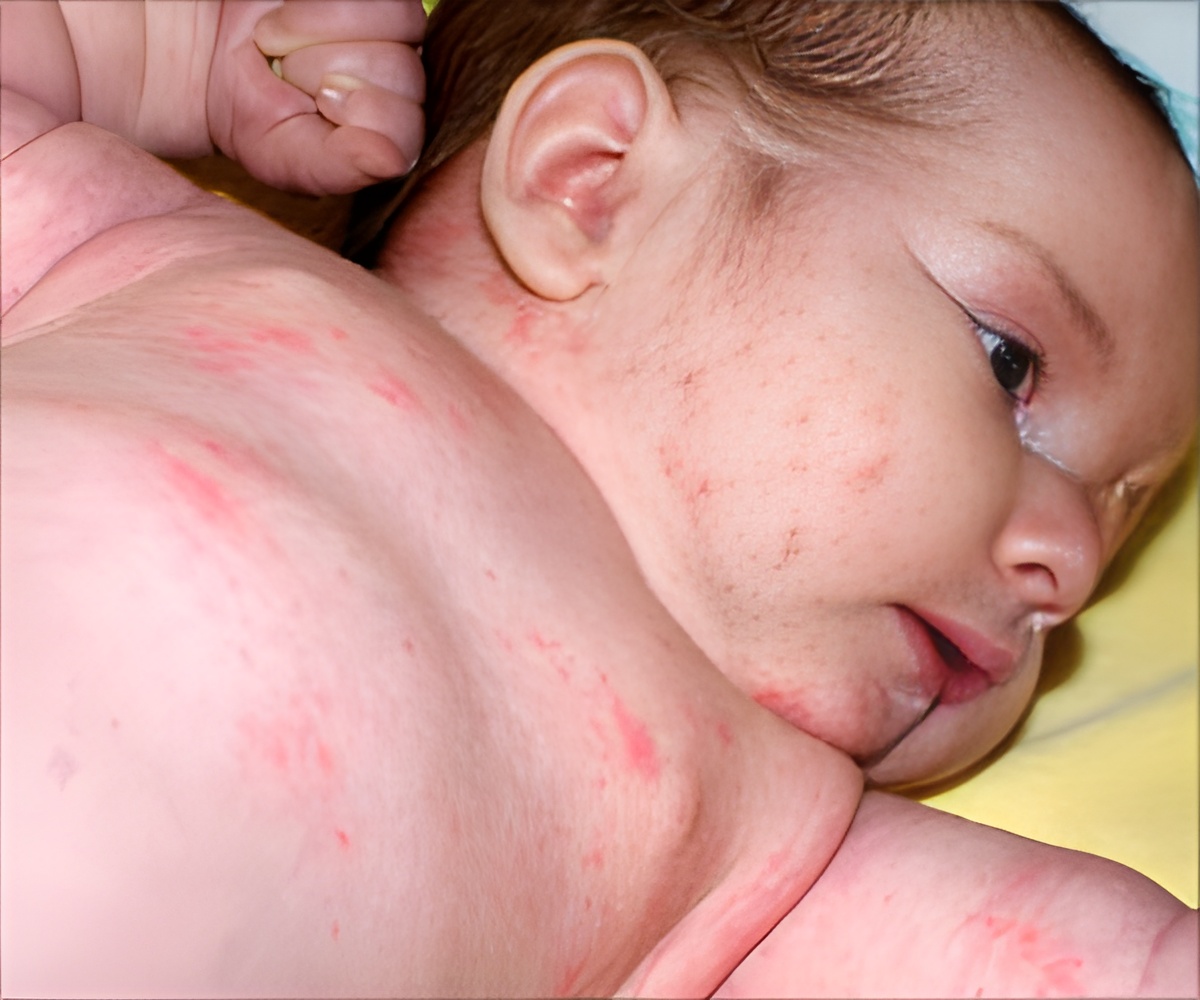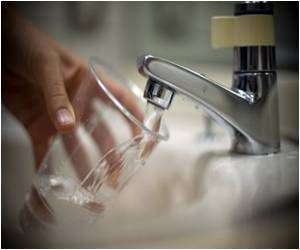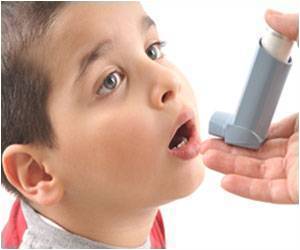Public Health England and NHS England have issued a warning against usage of heated birthing pools after a baby was admitted to intensive care with Legionnaires' disease.

This is the first ever case of the disease being associated with birthing pools in the UK
NHS authorities have issued an urgent alert against birth pools with in-built heaters and recirculation pumps.
“This is an extremely unusual situation, which we are taking very seriously,” said Prof Nick Phin, Public Health England’s head of Legionnaires’ disease.
The newborn is reported to be ‘severely ill’ in the intensive care unit.
Experts took samples from the heated birthing pool in which the baby was born and conducted tests which confirmed the pool was contaminated with Legionella bacteria.
"As a precaution, we advise that heated birthing pools, filled in advance of labour and where the temperature is then maintained by use of a heater and pump, are not used in the home setting, while we investigate further and until definitive advice on disinfection and safety is available." added Professor Nick Phin.
In England and Wales, 350-400 cases of the disease are reported every year.
Legionnaires cases are extremely rare in children.
NHS says in majority of cases people recover fully from the disease, but "in some cases it can lead to further, life-threatening, problems"
Professor Nigel Brown, president of the Society for General Microbiology, warned that Legionnaires’ disease can be "particularly serious" in the elderly and "immunocompromised" patients, including young infants.
"Legionella is common in the environment and one of the reasons why air conditioning systems have to be regularly serviced to remove bacterial build-up," he added.
About 10 companies are involved in supplying the pools, and the pools reach the clients around a fortnight before the expected delivery date.
Domestic hot water supply is used to fill the pools after which the temperature is maintained via a pump and a heater until the time of labor and delivery of the child.
Checks are being conducted across the country with the help of midwives and local authorities to find out if anybody is using the specific pools supplied by any of the above-mentioned companies.
Source-Medindia
 MEDINDIA
MEDINDIA




 Email
Email




